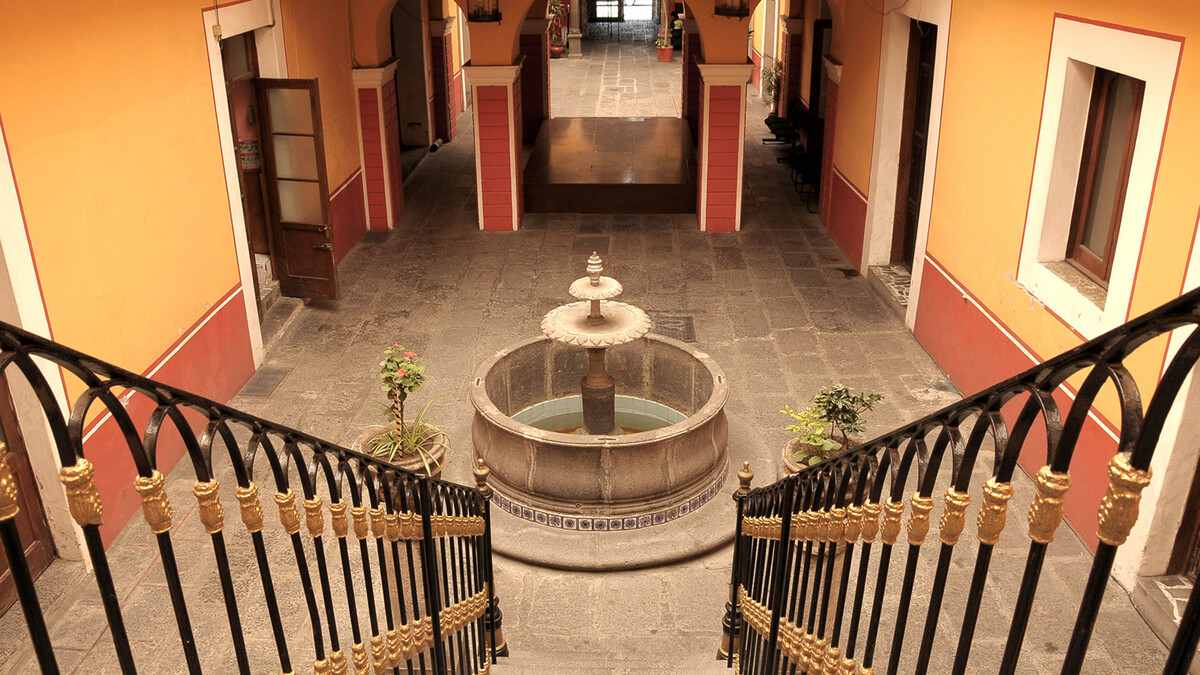To reach and strengthen bilateral relations with the European Organization for Nuclear Research (Cern), in Switzerland, the Minister of Science, Technology and Innovation, Titus Crissien, visited the facilities of this center on Tuesday to sign a cooperation protocol that allows progress in investigations in basic sciences.
Cern is the most important physics research center in Europe and one of the most important in the world, the place where outstanding discoveries and advances have been made as contributions to the development of the internet and the discovery of the Higgs Boson, Nobel Prize winner for Physics from 2012.
(It may interest you: Identified the 6,600 most influential researchers in the world)
“The Ministry of Science has a special interest in continuing to strengthen cooperation ties with Cern, with whom we have maintained a fruitful relationship since 1993. Thanks to this relationship, Colombian universities, among which are the National University of Colombia, the Universidad de los Andes, Universidad Antonio Nariño and Universidad de Antioquia have been able to participate in different experimental projects ”, highlighted the head of the portfolio.
With the agreement, Cern is committed to promoting and encouraging Colombian collaboration in high-energy physics, which includes experimental particle physics, fundamental theoretical physics and accelerator physics, among other topics that have applications from technological areas to medical physics.
(Also: This is how the Armero tragedy was recorded from space 36 years ago)
Colombia, for its part, is committed to continuing research and promoting and encouraging the participation of research groups from Colombian universities in these areas of scientific research.
The protocol includes new possibilities for cooperation such as the participation of Colombian undergraduate students in Cern’s summer program, as well as participation in programs aimed at engineers and doctoral students.
This agreement, in addition, is the umbrella instrument from which addenda can be designed for the development of specific activities in the different experiments in which Colombian institutions participate.
“The participation of Colombian researchers and institutions in great efforts and scientific collaborations is of great importance due to the high impact that these projects have, in addition to the multicultural nature of the technical teams that compose them,” added the official.
(Also: Russia admits anti-satellite missile test and calls the US hypocritical.)
During the visit, Minister Crissien toured the CERN facilities, specifically the computer laboratory and the ATLAS detector, one of the seven particle detectors (along with the ALICE, CMS, TOTEM, LHCb, LHCf and MoEDAL) built at the LHC ( Large Hadron Collider), the modern particle accelerator of this organization.
He also held a meeting with the Colombian scientific diaspora linked to Cern to learn about their experiences in the scientific field in Switzerland.
“The participation of Colombian researchers and institutions in great efforts and scientific collaborations is of great importance due to the high impact that these projects have, in addition to the multicultural nature of the technical teams that compose them,” highlighted the head of the science portfolio.
SCIENCE WRITING *
With information from the Ministry of Science, Technology and Innovation
More Science News
‘Longest lunar eclipse of the century’: how to see it this November 19?
Sigma hole, a subatomic-sized mystery solved



:quality(85)/cloudfront-us-east-1.images.arcpublishing.com/infobae/JVEG643FOJGGJFSNY3RS7DZM4I.jpg)

